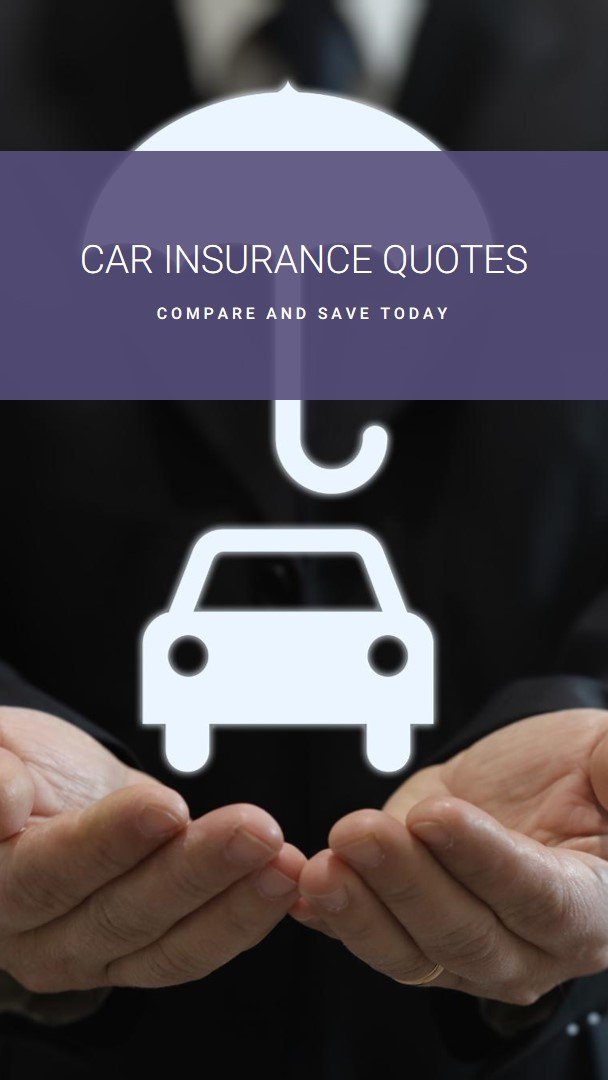Car insurance is a necessity for vehicle owners, providing financial protection against accidents, theft, and other unforeseen events. The cost of car insurance can vary widely based on numerous factors, and understanding these can help you find the best coverage at an affordable price.
Factors Influencing Car Insurance Premiums
1. Driver’s Age and Experience
Age and driving experience are significant factors. Younger drivers and those with less experience often face higher premiums due to their higher risk of accidents.
2. Vehicle Make and Model
The type of car you drive affects your insurance cost. Expensive, high-performance, or luxury vehicles typically cost more to insure due to higher repair or replacement costs.
3. Driving Record
Your driving history plays a crucial role. Drivers with a clean record generally pay less, while those with accidents, speeding tickets, or other violations face higher premiums.
4. Location
Where you live impacts your insurance rates. Urban areas with higher traffic density and crime rates usually result in higher premiums compared to rural areas.
5. Coverage Type and Limits
The amount and type of coverage you choose directly affect your premium. Comprehensive coverage, which includes collision, theft, and other non-accident-related damages, costs more than basic liability coverage.
6. Deductibles
A deductible is the amount you pay out of pocket before your insurance coverage kicks in. Higher deductibles typically lower your premium, but increase your out-of-pocket costs in the event of a claim.
7. Credit Score
In many states, insurers use credit scores to determine premiums. A higher credit score can lead to lower insurance costs, as it is often seen as an indicator of financial responsibility.
Average Cost of Car Insurance
The average cost of car insurance can vary significantly by state and individual circumstances. In the United States, the average annual premium for full coverage is approximately $1,674, while minimum coverage averages around $565 per year. However, these figures can fluctuate based on the factors mentioned above.
Ways to Save on Car Insurance
1. Shop Around
Comparing quotes from different insurers can help you find the best rates. Each company evaluates risk differently, so premiums can vary widely.
2. Bundle Policies
Many insurers offer discounts if you bundle multiple policies, such as home and auto insurance, with them.
3. Maintain a Good Driving Record
Avoiding accidents and traffic violations can help keep your premiums low. Some insurers offer discounts for drivers with clean records.
4. Increase Deductibles
Opting for a higher deductible can lower your premium, but be sure you can afford the out-of-pocket expense if you need to file a claim.
5. Take Advantage of Discounts
Insurers offer various discounts for things like having safety features in your car, being a good student, or completing a defensive driving course.
FAQs
How is car insurance premium calculated?
Insurance companies calculate premiums based on factors like your age, driving history, vehicle type, location, and the coverage you choose. Each insurer uses its own formula, so rates can vary.
What types of car insurance are available?
Common types of car insurance include liability, collision, comprehensive, uninsured/underinsured motorist, personal injury protection (PIP), and medical payments coverage. Each type offers different levels of protection.
Is car insurance mandatory?
Yes, in most states, car insurance is required by law. At a minimum, drivers must carry liability insurance to cover damages or injuries they cause to others in an accident.
What is liability coverage?
Liability coverage pays for injuries and damages you cause to others in an accident. It is divided into bodily injury liability and property damage liability.
What is comprehensive coverage?
Comprehensive coverage pays for damage to your car that is not caused by a collision, such as theft, vandalism, fire, or natural disasters.
What is collision coverage?
Collision coverage pays for damage to your car resulting from a collision with another vehicle or object, regardless of who is at fault.
Can I get car insurance with a bad driving record?
Yes, but it will likely be more expensive. Some insurers specialize in high-risk drivers, but it’s important to shop around to find the best rates.
What happens if I drive without insurance?
Driving without insurance is illegal in most states and can result in fines, license suspension, and higher premiums in the future. Additionally, if you cause an accident, you will be personally responsible for all damages and injuries.
Can my car insurance be canceled?
Yes, your insurer can cancel your policy for reasons such as non-payment, fraud, or having your driver’s license suspended. They must provide notice and a reason for the cancellation.
How can I lower my car insurance premium?
Maintaining a clean driving record, increasing your deductibles, bundling policies, taking advantage of discounts, and improving your credit score are all ways to lower your premium.
Conclusion
Understanding the factors that influence car insurance costs and the types of coverage available can help you make informed decisions when purchasing a policy. By shopping around, maintaining a good driving record, and taking advantage of discounts, you can find affordable car insurance that meets your needs.
.
